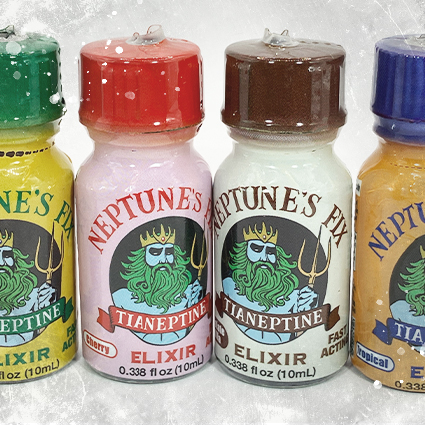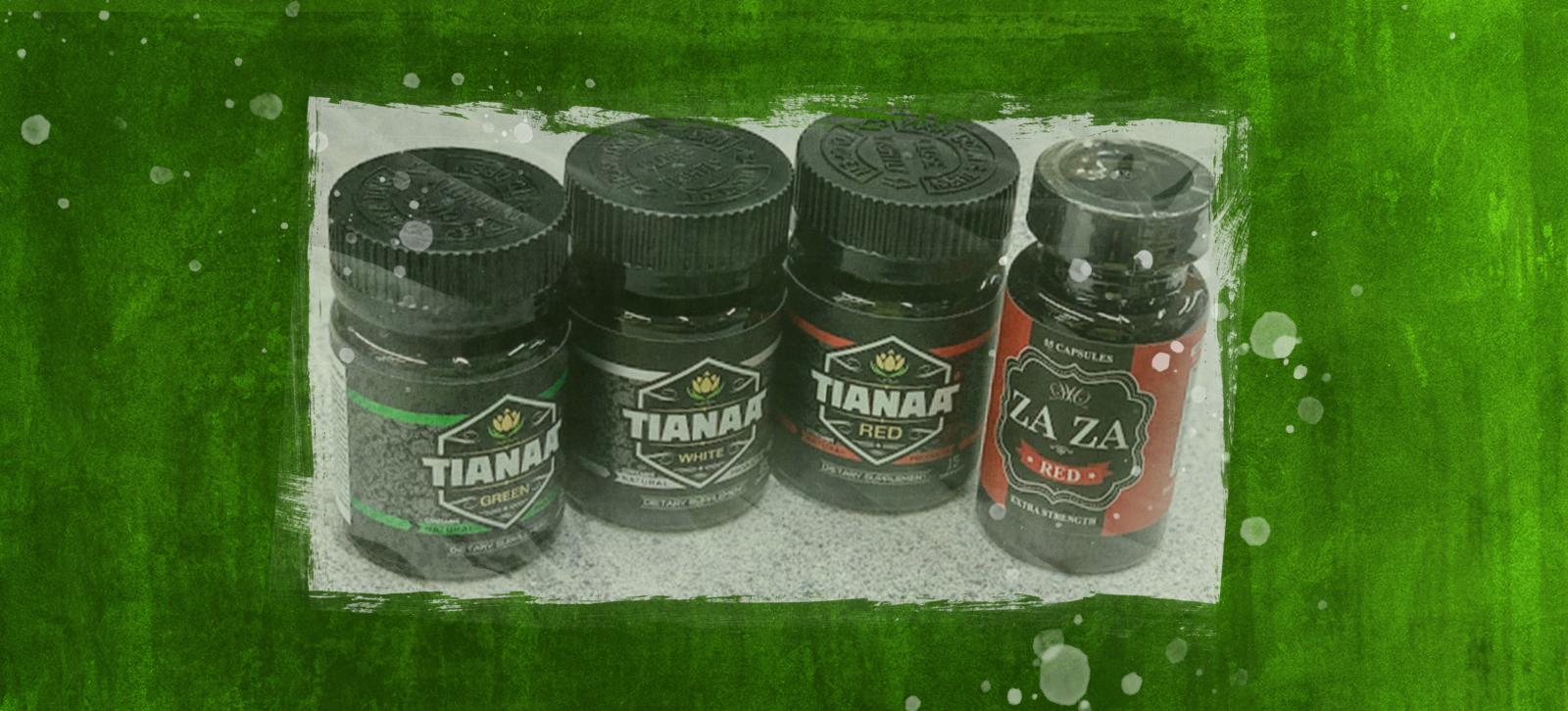When you walk into your local gas station or convenience store, you don’t expect to find potentially dangerous drugs on the shelves. But in many states, that’s exactly what’s happening—and you wouldn’t even know it from looking at the packaging.
A scary trend has popped up across the U.S. where gas stations, convenience stores, and smoke shops are selling unregulated substances. One of the most worrying is called tianeptine, sometimes called “Gas Station Heroin.”
What Is Gas Station Heroin or Tianeptine?
Tianeptine, or Gas Station Heroin, is an antidepressant that was developed in France in the 1960s. Unlike other antidepressants, it binds to the brain’s opioid receptors—just like heroin, morphine, or other narcotics. Because of this, although it doesn’t contain heroin, it earned the nickname for its similar effects on the brain.
Tianeptine is not legal in the United States and has not been approved by the Food and Drug Administration (FDA) for medical use. The FDA and many state health agencies are raising the alarm about tianeptine, urging people not to purchase or use any products containing it. Some states have banned it, including Alabama, Michigan, Ohio, Kentucky, and more.
How Is It Sold?
Even though it has not been approved for medical use, it is being promoted as a supplement and illegally marketed in smoke shops, convenience stores, gas stations, and online. It’s usually sold under a variety of brand names, sometimes labeled misleadingly as an energy booster or brain enhancer. Some of the more common brand names include:
- Coaxil
- Neptune’s Fix
- Pegasus
- Red Dawn
- Stablon
- Tianaa
- Za Za Red

What Makes Tianeptine Dangerous?
Tianaptine’s misleading marketing can make it seem harmless, but it’s far from safe. Poison control centers have reported a significant rise in tianeptine-related calls over the past few years. Many of these calls are due to dangerous side effects, withdrawal symptoms, overdose, and death.
Using tianeptine can lead to several severe side effects, including:
- Agitation
- Confusion
- Dependence
- Drowsiness
- Nausea and vomiting
- Rapid heartbeat
- Slowed or stopped breathing
- Sweating

Source: Know the Dangers of ‘Gas Station Heroin’
Beyond the initial side effects, there are a number of larger health and safety risks:
Addiction and Withdrawal
Tianeptine has a high potential for addiction, similar to opioids. People quickly build up a tolerance, meaning they need to take more to feel the same effects. This can lead to a cycle of dependency and severe withdrawal symptoms when trying to quit.
Overdose Risk
Using tianeptine can cause serious health problems such as respiratory depression, liver damage, heart problems, and even overdose. Because tianeptine products often contain 100 times the normal dose, the risk of overdosing is really high.
Naloxone has been found to reverse the effects of a tianeptine overdose. Learn more about Naloxone and its life-saving effects in our blog What is Naloxone and Who Should Carry It?
Lack of Medical Oversight
Tianeptine isn’t a controlled substance in many places, so there’s no guarantee of what you’re getting. This means that the quality and dosage of the product can vary, increasing the risk of adverse effects. Illegally produced tianeptine may also have other unknown and potentially dangerous ingredients mixed in.
Since tianeptine is not regulated and it’s tough to know what’s actually in the product, the safest move is to avoid using it altogether.
However, if you or someone you know is struggling with substance use, there are hotlines and counseling services available to provide support and guidance.
Sources:
Cleveland Clinic: Know the Dangers of ‘Gas Station Heroin’
FDA: Tianeptine Products Linked to Serious Harms, Overdoses, Death
NPR: 8 Things to Know about the Drug known as ‘gas station heroin’
